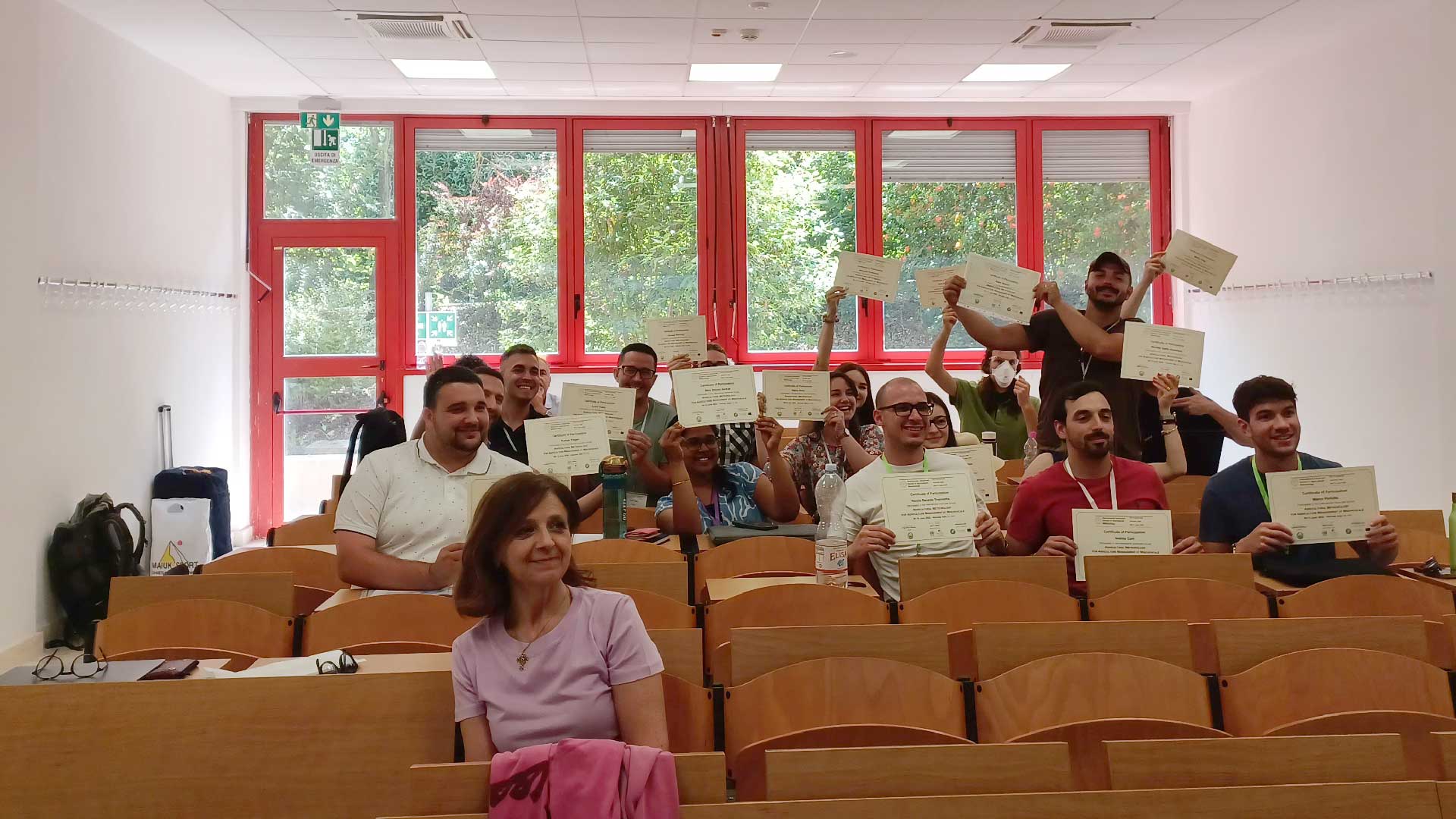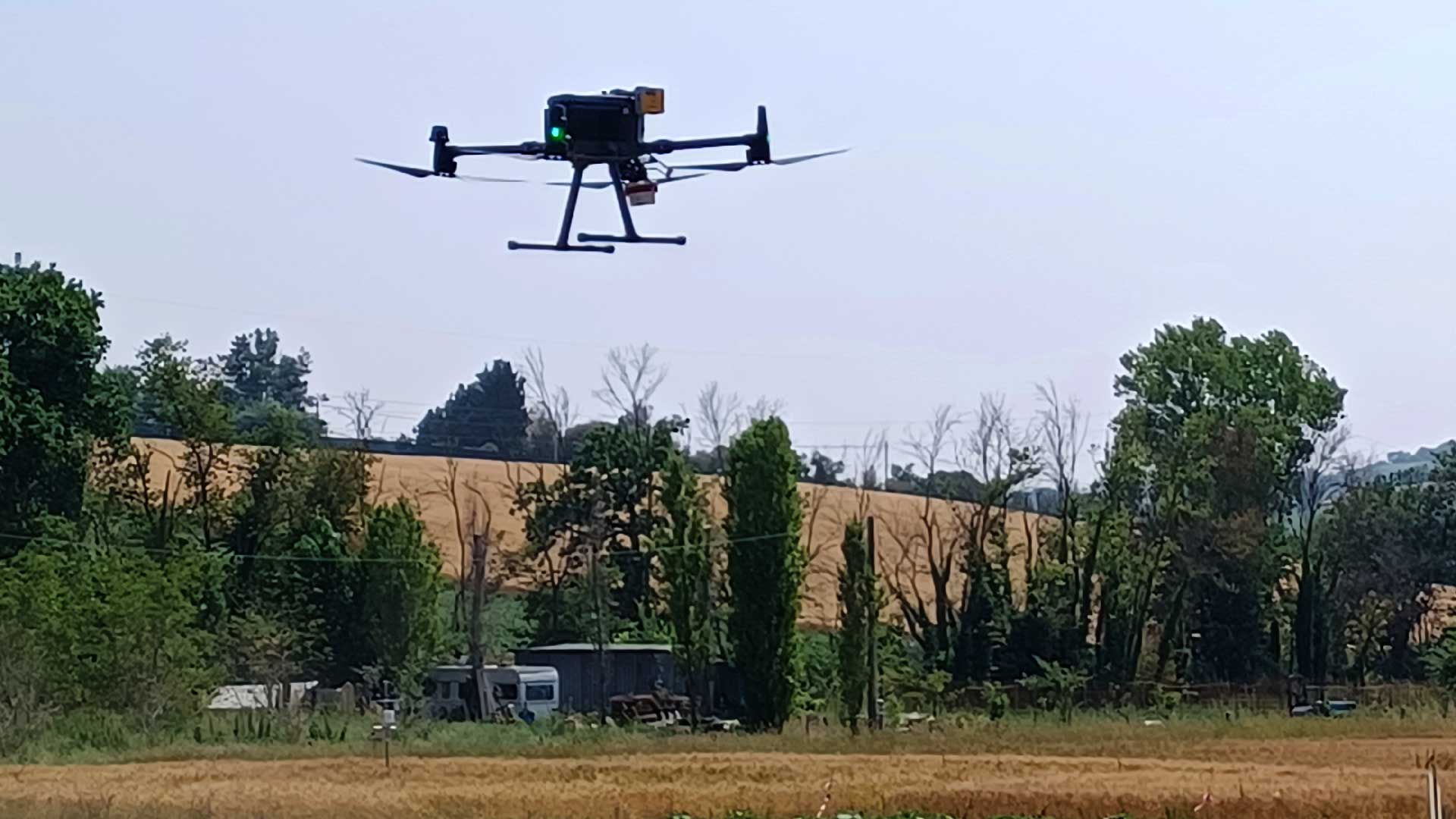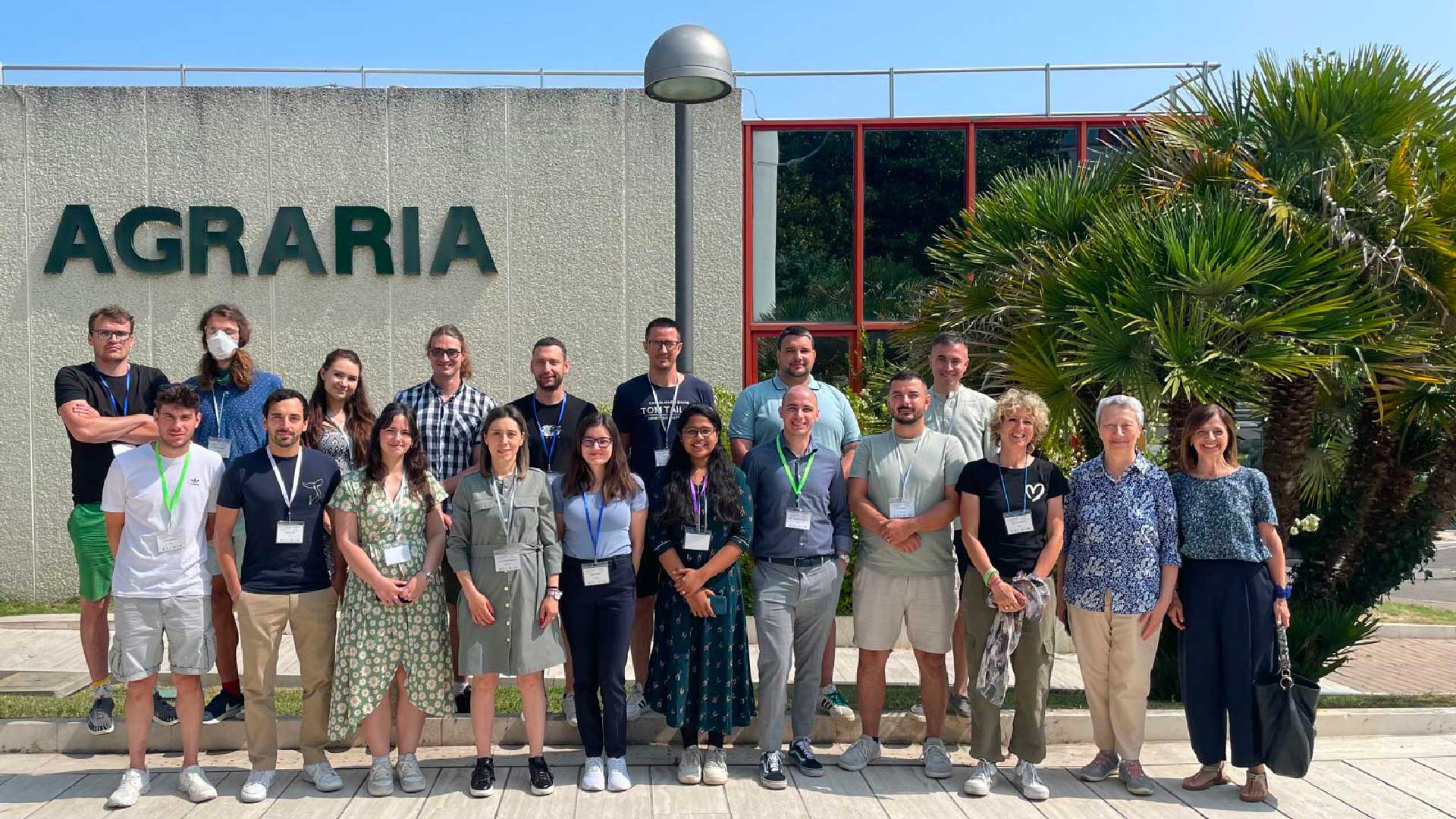What is Socio-hydrology?
The impact of both natural and human interventions on hydrological systems, including inter-basin water transfers, droughts, and agricultural water usage, is crucial. However, these interventions profoundly affect ecosystems and impact human populations’ water needs and demands.
Socio-hydrology is an interdisciplinary field at the nexus of social and hydrological sciences, that is gaining momentum as researchers strive to understand the intricate relationship between human societies and water resources. Socio-hydrological modelling is changing the approach to water systems, offering valuable insights for system understanding, and policy formulation. By adopting socio-hydrological studies – historical, comparative, and process-oriented – researchers gain a comprehensive understanding of how these systems have evolved over time, enabling comparisons across locations and investigations into the interconnections among different parameters. Such insights are instrumental in creating a holistic view of these complex systems.
Evolution of the term
An interesting article on bibliometrics analysis related to socio-hydrology [Herrera-Franco et al. 2021] (1), highlighted the evolution of the definitions of the term socio-hydrology from 1979 to 2020. In 2012, publications addressing this matter gained significant momentum, demonstrating a heightened focus and increased scholarly attention on the subject. Among all, we mention Silvaplan et al. journal article (2) published in 2012, where the researchers use the term “socio-hydrology” to redefine the understanding of water resource challenges. One of the key points is the importance of interdisciplinary collaboration between hydrologists and social scientists to address these challenges in a practical and impactful manner, benefiting both water resource managers and decision-makers. Since 2015, the term “socio-hydrogeology” has become a prevalent feature in scientific publications that explore the multifaceted nature of water resources, with a particular emphasis on the human dimension.
Socio-Hydrology is interdisciplinary
With its interdisciplinary approach, socio-hydrology could offer fresh insights into the complex dynamics shaping water systems and calls for innovative solutions to pressing water management challenges.
Unlike traditional hydrology, which focuses primarily on the physical aspects of water, socio-hydrology recognises the pivotal role of social, economic, and cultural factors in shaping water-related phenomena. By integrating social variables such as human behaviour, decision-making processes, and societal dynamics, into hydrological models, socio-hydrology aims to capture the feedback loops and interactions between human and natural systems.
Recent studies in socio-hydrology have showcased its potential to shed light on previously overlooked aspects of water management. Researchers have examined how social factors influence water use patterns, water allocation decisions, and the resilience of communities despite water-related hazards. The field has revealed the critical influence of societal norms, cultural beliefs, and governance structures on water management practices, underscoring the need for interdisciplinary approaches.
Next step: the trans-disciplinary approach
While socio-hydrology has made significant strides, there is still much to explore. Integrating cultural and anthropological approaches within socio-hydrological frameworks remains an exciting frontier. By incorporating cultural perspectives, researchers can gain deeper insights into how societal values, knowledge systems, and historical contexts shape water-related behaviours and policies [Vanelli et al. 2022] (3). Further progress is needed in integrating multiple disciplines and stakeholders in the study of coupled human-water systems, as the characteristics of human variables make them particularly challenging to handle in models. Socio-hydrology should integrate knowledge from social and natural sciences equally, while actively involving stakeholders to generate new insights. This means that Socio-Hydrology should take a step further in collaboration between disciplines to gain a comprehensive understanding. It should foster trans-disciplinary collaboration by involving stakeholders and aiming for actionable solutions to this complex problem. Emphasising the connection between research and the practical realities faced by stakeholders, it is crucial to amplify the impact of socio-hydrological studies and foster trust among stakeholders. Addressing these research gaps will strengthen socio-hydrology and enhance its relevance to scientists, practitioners, and decision-makers in supporting disaster risk reduction efforts.
In conclusion
Socio-hydrology holds the potential for informing water resource management strategies and facilitating more sustainable water governance. It offers decision-makers a broader understanding of the social complexities surrounding water systems, enabling them to design contextually appropriate interventions and policies. In this framework, sustainable water management should focus on understanding the mechanics of the entire system rather than adopting a narrow problem-solving approach.
As socio-hydrology continues to evolve, collaborations between hydrologists, sociologists, anthropologists, engineers, and other disciplines are vital to advancing the field. By fostering interdisciplinary dialogue and integrating diverse perspectives, researchers can unlock novel approaches to address water challenges and pave the way for more resilient and equitable water management.
Socio-hydrology is an example of interdisciplinary collaboration to achieve sustainable water management and propel the research towards a deeper understanding of the complex interplay between water and society.
(1) Herrera-Franco, G.; Montalván-Burbano, N.; Carrión-Mero, P.; Bravo-Montero, L. Worldwide Research on Socio-Hydrology: A Bibliometric Analysis. Water 2021, 13, 1283. https://doi.org/10.3390/w13091283
(2) Murugesu Sivapalan, Hubert H. G. Savenije, and Günter Blöschl, “Socio‐hydrology: A new science of people and water,” Hydrological Processes 26 (2012): 1270–6, https://doi.org/10.1002/hyp.8426.
(3) Vanelli, F. M., Kobiyama, M., and de Brito, M. M.: To which extent are socio-hydrology studies truly integrative? The case of natural hazards and disaster research, Hydrol. Earth Syst. Sci., 26, 2301–2317, https://doi.org/10.5194/hess-26-2301-2022, 2022.






